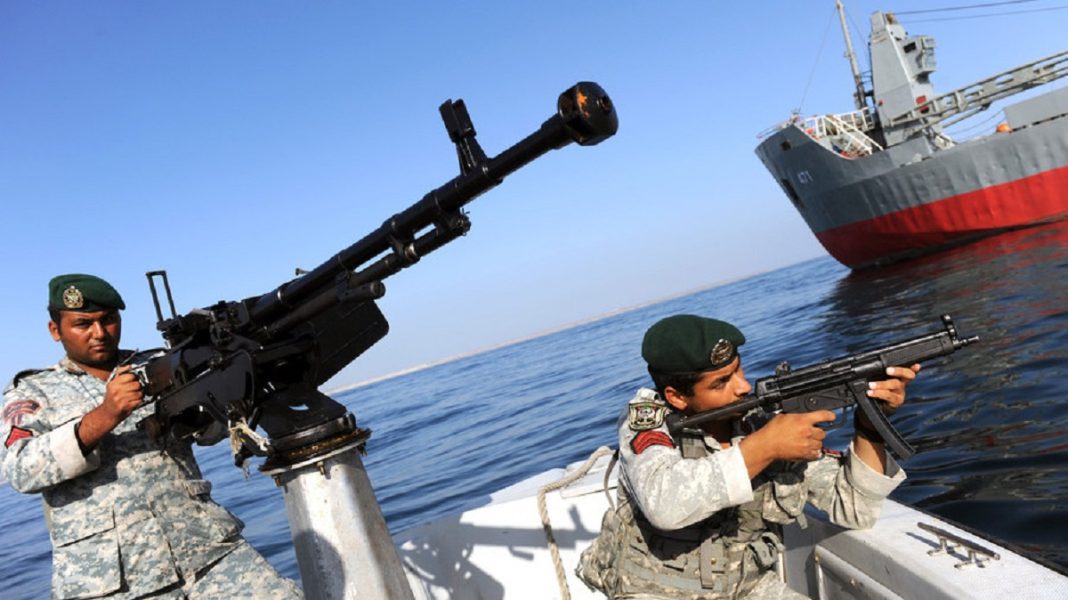The comment comes one day after Iran’s Islamic Revolution Guards Corps (IRGC) seized two Greek oil tankers in the Persian Gulf over violations.
The move by the IRGC followed the seizure of an Iranian oil tanker by Greece in its territorial waters and the transfer of the oil to the U.S.
Iranian officials described it as an “act of piracy” that is “in violation of international standards”.
In an article published in Persian-language Kayhan newspaper, chief editor of the daily Hossein Shariatmadari, said, “Fortunately, Iranian officials have come to the conclusion that merely summoning foreign envoys and diplomatic protests cannot yield results.”
He suggested, “Iran should block the Strait of Hormuz to South Korean oil tankers and cargo ships that carry Korean commodities and not allow them to navigate through the strategic Strait as long as they have not paid their $7 billion debt to Iran.”
South Korea has refused to pay around $7 billion owed to Iran due to their fears of punitive measures by the U.S. under the so-called ‘maximum pressure’ sanctions in place since former president Donald Trump left the Iran nuclear deal, the Joint Comprehensive Plan of Action (JCPOA) in 2018.
Shariatmadari said, under 1958 Geneva Convention on the Territorial Sea and Contiguous Zone and the 1982 United Nations Convention on the Law of the Sea, Iran has every right to protect its national interests, and the rule applies to all cases, including the standoff with Seoul.
The Iranian journalist initially made the suggestion in April, which angered officials in Seoul.
